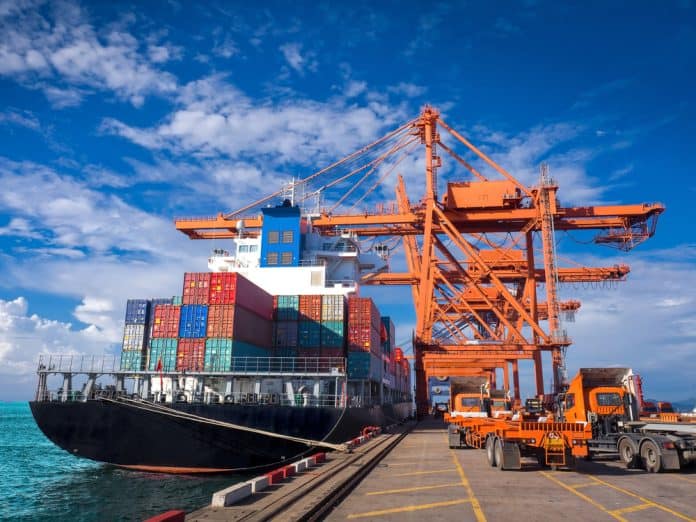Living and trading in a global economy means that many different everyday items that are involved in the supply chain are manufactured and used all over the world from a large variety of different countries. Most of the time, these components of the supply chain fly under the radar and hardly get noticed by people outside of a particular industry. But, particularly in the U.S., “Buy American” is now central to politics and its latest target is the nation’s port system.
Recently, the U.S. Congress has taken a look at the U.S. port system and is eyeing one foreign-made component: port cranes made in China.
U.S. Congressman Carlos Gimenez (R-Florida) has introduced a new bill named the “Port Crane Security & Inspection Act of 2023” that would ban Chinese-manufactured cranes from being installed or used at U.S. ports. The measure comes as the U.S. Congress looks to counter a rising China and contain fears that any Chinese-supplied equipment could be detrimental to U.S. national security.
Under Representative Gimenez’s proposed legislation, any U.S. port would be banned from installing or even using a crane that was manufactured in China. The bill would enforce the ban on the use of existing Chinese-manufactured cranes by conducting a “security review” (essentially an audit) and deeming certain cranes a security hazard. If a particular crane was flagged as a security concern, the crane would be taken out of service.
There are ongoing security concerns that Chinese-manufactured port cranes could be used for spying by the Chinese government.
The idea that cranes manufactured in China and imported into U.S. ports could be a security hazard is not new: various government figures have suggested such over the years, much like other products (particularly electronics) imported from China.
One big issue: as many as 80 percent of port cranes are manufactured by one company in China: ZPMC.
Port lobbyists are, unsurprisingly, against the proposed legislation.
Port trade associations have come out against the legislation due to concerns on the logistics related to replacing all of the cranes. It would be a massive undertaking. Additionally, enforcement would be difficult, which could lead to an uneven playing field for ports that do and do not comply.
The proposed Port Crane Security & Inspection Act of 2023 faces modest chances of success as it is bipartisan. Representative John Garamendi (D-CA) has co-sponsored the bill, making it a two-party effort. In recent years, representatives in both parties have taken alarm with the Chinese government and its efforts to spy on American businesses and U.S. citizens.




